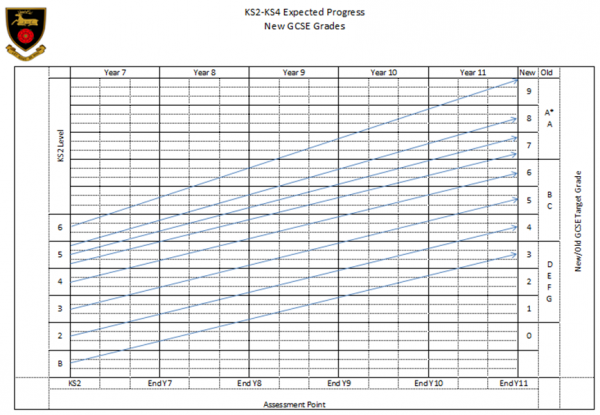
Alex
- Progress & progression - special issue of Teaching History
- Making progress in understanding progression: a blog series
- Dealing with GCSE grades replacing NC Levels: advice
- An example of task-specific assessments and mark schemes
- Planning for the new History GCSE: making it more complex to make it more coherent
- Trainees and NQTs: The first rule of History Club...
- On planning for substantive knowledge development: HERE and HERE
- Top tips to make learning stick and more HERE
- The importance of subject knowledge and being more than "two pages ahead"
- Flight paths, GCSE grades and the problems of assessment post-levels
- Some thoughts on planning a unit on the Normans
- Some thoughts on planning a Reformation unit
|
| ||||||||||


 RSS Feed
RSS Feed
